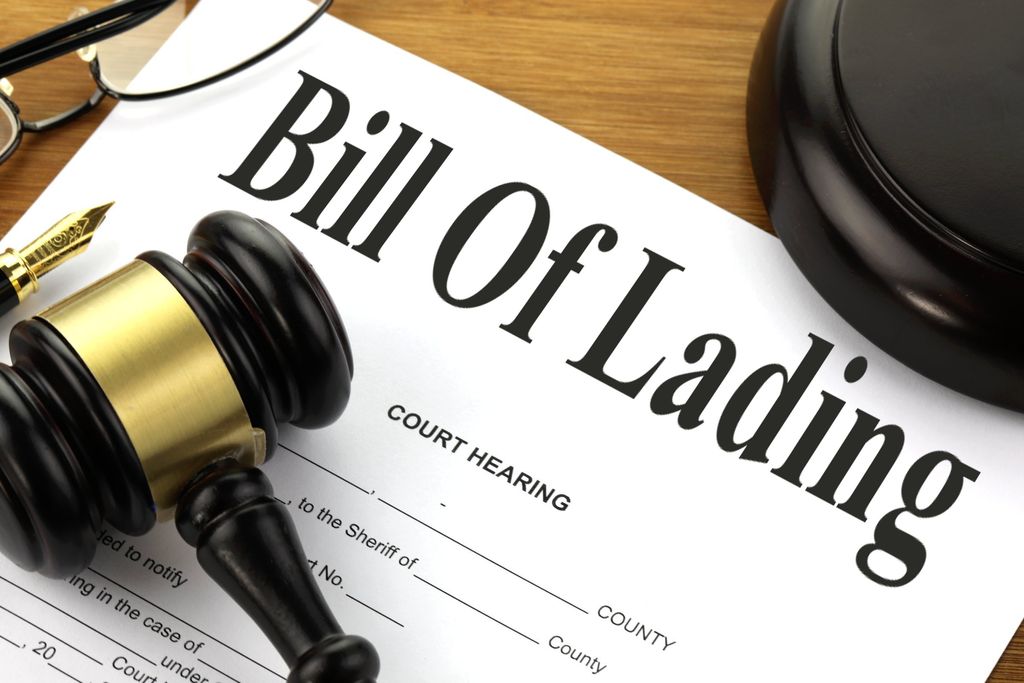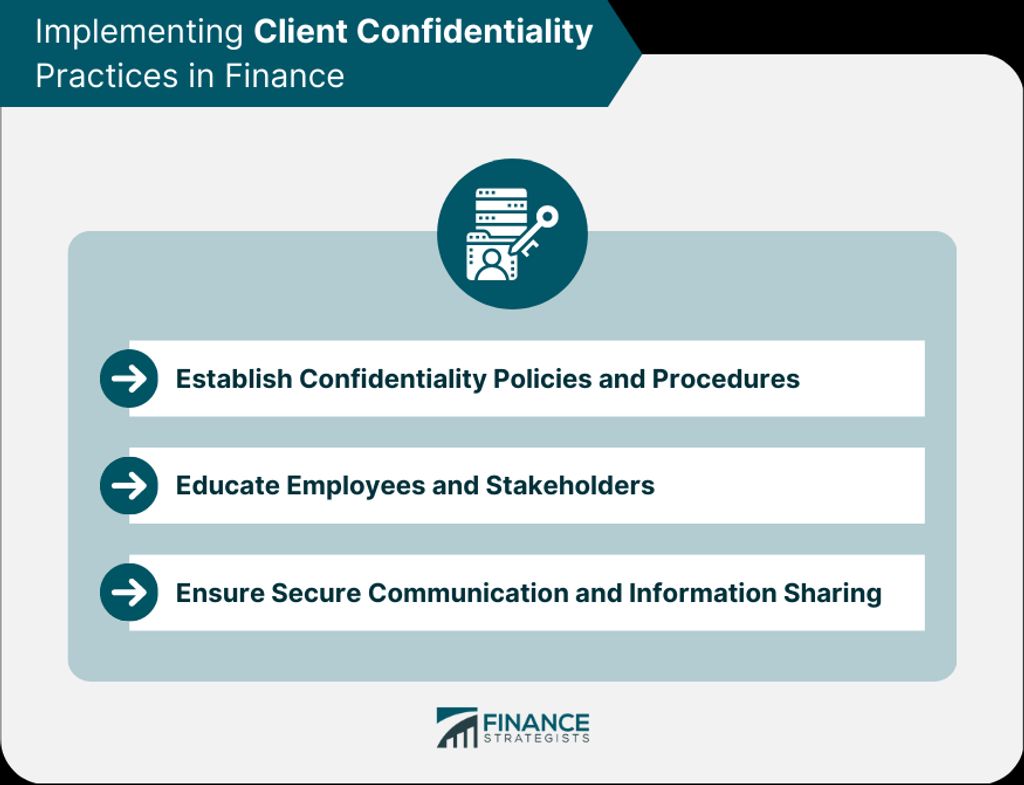
Effective email management is crucial for legal professionals to streamline their client communication and maintain strong relationships. In this article, we will explore the challenges of email management in the legal industry, the impact of poor email management on legal client relationships, and the benefits of streamlining email management. We will also discuss best practices for efficient legal client email management, tools and technologies that can help streamline the process, and how to ensure compliance and confidentiality in legal client email communication.

Email management in the legal industry poses several challenges that can hinder efficient communication and productivity. One of the main challenges is the sheer volume of emails that legal professionals receive on a daily basis. Managing this influx of emails can be overwhelming and time-consuming, making it difficult to prioritize and respond to important client communications in a timely manner.
Another challenge is the organization and categorization of emails. Legal professionals often deal with multiple cases and clients simultaneously, resulting in a large number of emails related to different matters. Without a clear email organization system in place, important emails can get lost or overlooked, leading to potential delays or missed deadlines.
Additionally, the sensitive and confidential nature of legal client communications adds another layer of complexity to email management. Legal professionals must ensure that client information is protected and secure, while also complying with legal and ethical obligations regarding confidentiality. This requires implementing appropriate security measures and training legal professionals on email security best practices.
Poor email management can have a detrimental effect on legal client relationships. When emails are not organized and responded to in a timely manner, clients may feel neglected or unimportant. This can lead to a breakdown in communication and trust between the legal professional and the client. Additionally, important information or requests may be missed or overlooked, causing delays or errors in legal proceedings. It is crucial for legal professionals to prioritize email management to ensure effective and efficient client communication.
Streamlining email management can provide numerous benefits for legal professionals. By implementing efficient email management practices, legal professionals can:
Implementing a clear email organization system, using email filters and rules, and setting realistic email response expectations are some of the key strategies for streamlining email management in the legal industry.
Tip: Regularly review and update email filters and rules to ensure they are effectively categorizing and prioritizing incoming emails.

A clear email organization system is essential for efficient email management in the legal industry. It helps legal professionals stay organized, find important emails quickly, and ensure that nothing falls through the cracks. Here are some tips to create a clear email organization system:
Implementing a clear email organization system can significantly streamline email management and enhance productivity for legal professionals.
Implementing email filters and rules is an essential step in efficient legal client email management. By setting up filters and rules, legal professionals can automate the organization and prioritization of incoming emails, saving valuable time and ensuring important messages are not missed. Filters can be created based on various criteria such as sender, subject, keywords, or specific email addresses. Rules can be used to automatically categorize emails into folders, mark them as important, forward them to relevant team members, or apply specific actions. By implementing email filters and rules, legal professionals can streamline their email workflow and focus on more critical tasks.
Using email templates can greatly improve efficiency and consistency in legal client communications. By creating pre-written templates for common types of emails, such as initial consultations, follow-ups, or document requests, legal professionals can save time and ensure that important information is not overlooked. Templates can be customized with client-specific details, allowing for personalized communication while still maintaining a standardized format. This can help to streamline the email drafting process and ensure that all necessary information is included in each communication.
Setting realistic email response expectations is crucial for effective client communication. By clearly communicating your response time to clients, you can manage their expectations and avoid misunderstandings. Here are some tips to help you set realistic email response expectations:
Remember, setting realistic email response expectations not only helps you manage your workload effectively but also builds trust and credibility with your clients.
Tip: Avoid setting unrealistic response time expectations that may lead to unnecessary stress and pressure. It's important to find a balance that allows you to provide timely responses while also managing your other responsibilities.

Email management software is a valuable tool for legal professionals to streamline their email communication and improve productivity. These software solutions offer features specifically designed for the unique needs of the legal industry. With email management software, legal professionals can:
By using email management software, legal professionals can save time and ensure that important client communications are not overlooked or lost in a cluttered inbox.
Integration of email with practice management systems is crucial for efficient legal client email management. By integrating email with practice management systems, legal professionals can streamline their workflow and ensure that all client communications are centralized in one place. This integration allows for easy access to client emails, attachments, and related documents, eliminating the need to switch between different platforms. It also enables legal professionals to track and manage client communications more effectively, ensuring that no important emails are missed or overlooked.
In order to ensure secure communication with legal clients, it is important for legal professionals to utilize email communication solutions that prioritize confidentiality and compliance. These solutions offer features such as encryption and secure file sharing, which help protect sensitive information shared via email. By implementing these solutions, legal professionals can maintain the privacy and integrity of their client communications.

Email communication in the legal industry comes with certain legal and ethical obligations that must be adhered to. It is crucial for legal professionals to understand these obligations to ensure compliance and maintain confidentiality.
One important aspect of email communication is confidentiality. Legal professionals have a duty to protect the confidentiality of client information and privileged communications. This means taking appropriate measures to prevent unauthorized access or disclosure of sensitive information.
To ensure compliance with legal and ethical obligations, legal professionals should consider implementing encryption and secure file sharing methods. Encryption helps protect the content of emails from being intercepted or accessed by unauthorized individuals. Secure file sharing allows for the secure transmission of confidential documents and attachments.
In addition to technological measures, it is essential to train legal professionals on email security best practices. This includes educating them on the importance of strong passwords, avoiding phishing scams, and being cautious when sending sensitive information via email.
By understanding and adhering to legal and ethical obligations in email communication, legal professionals can maintain the trust and confidence of their clients while safeguarding sensitive information.
Implementing encryption and secure file sharing is crucial for maintaining the confidentiality and security of legal client email communication. By encrypting emails and attachments, law firms can protect sensitive information from unauthorized access and ensure compliance with privacy regulations.
One effective way to implement encryption is through the use of secure email communication solutions. These solutions provide end-to-end encryption, meaning that the email content is encrypted from the sender's device to the recipient's device. This ensures that even if the email is intercepted during transmission, the content remains secure.
In addition to encryption, law firms should also consider implementing secure file sharing mechanisms. This allows legal professionals to securely share confidential documents and files with clients, without the risk of unauthorized access or data breaches.
By implementing encryption and secure file sharing, law firms can enhance the privacy and confidentiality of their email communication with legal clients.
Training legal professionals on email security best practices is crucial to ensure compliance and protect sensitive client information. By providing comprehensive training, law firms can minimize the risk of data breaches and unauthorized access to confidential information. Here are some key points to cover in email security training for legal professionals:
In conclusion, streamlining your legal client email management is crucial for efficient communication and organization. By implementing the strategies discussed in this article, such as automating email categorization and utilizing email templates, you can save time, reduce errors, and improve client satisfaction. Remember to regularly review and update your email management processes to ensure they align with your firm's needs and goals. With a streamlined email management system in place, you can focus more on providing quality legal services and less on administrative tasks.
Efficient email management can save time, improve organization, and enhance client relationships. It allows legal professionals to easily locate and access important client communications, track deadlines and appointments, and respond promptly to client inquiries.
The legal industry deals with a large volume of emails, making it challenging to stay organized and prioritize important communications. Additionally, managing confidential information and ensuring compliance with ethical obligations adds complexity to email management.
A clear email organization system allows legal professionals to categorize and label emails based on clients, cases, or topics. This makes it easier to search for specific emails, track client communications, and maintain a well-organized inbox.
Email templates save time by providing pre-written content for common types of client communications, such as appointment reminders, document requests, or status updates. They ensure consistency in communication and can be customized as needed.
Email filters and rules allow legal professionals to automatically sort and prioritize incoming emails. They can be set up to route emails from specific clients or about specific cases to designated folders, reducing clutter in the inbox and ensuring important emails are not missed.
Secure email communication solutions for legal clients include encrypted email services, secure file sharing platforms, and client portals. These solutions help protect sensitive client information and ensure confidentiality in email exchanges.